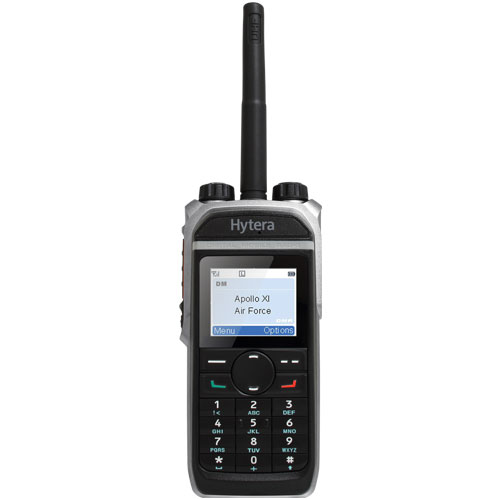In today's digital age, where streaming services and podcasts dominate the airwaves, it's easy to overlook the enduring power of radio. However, radio remains a formidable medium that continues to captivate and connect with audiences worldwide. In this blog post, we will delve into the reasons why radio is still a force to be reckoned with, exploring its unique qualities and the impact it has on society.
- The Theater of the Mind:
One of the most compelling aspects of radio is its ability to engage the imagination. Unlike visual mediums, radio relies solely on sound, allowing listeners to create vivid mental images. Through carefully crafted storytelling, sound effects, and voice acting, radio stimulates the theater of the mind, transporting listeners to different worlds and evoking powerful emotions. This immersive experience is unparalleled and fosters a deep connection between the audience and the content. - Wide Reach and Accessibility:
Radio's accessibility is another key factor contributing to its power. Unlike other forms of media, radio is not limited by geographical boundaries or the need for an internet connection. It reaches remote areas, rural communities, and even those without access to electricity. This wide reach ensures that radio remains a vital source of information, entertainment, and companionship for diverse populations, making it an invaluable tool for communication and social cohesion. - Localism and Community Building:
Radio has a unique ability to foster a sense of community and local identity. Local radio stations play an essential role in connecting people within a specific region, providing a platform for local news, events, and discussions. By giving voice to local concerns and highlighting community achievements, radio strengthens social bonds and empowers individuals to actively participate in shaping their communities. This localized approach sets radio apart from other mass media platforms, creating a more intimate and personal connection with the audience. - Adaptability and Resilience:
Radio has demonstrated remarkable adaptability throughout its history. From the early days of AM/FM broadcasting to the digital revolution, radio has consistently evolved to meet the changing needs and preferences of its audience. Today, radio stations have embraced online streaming, podcasts, and social media, expanding their reach and engaging with listeners across multiple platforms. This adaptability has allowed radio to remain relevant and resilient in an ever-evolving media landscape. - Trust and Credibility:
Radio has long been regarded as a trusted source of information. With its rigorous journalistic standards and commitment to accuracy, radio has earned the trust of its listeners. In an era of fake news and information overload, radio's credibility is more crucial than ever. Listeners turn to radio for reliable news updates, expert opinions, and in-depth analysis. This trust and credibility are invaluable assets that set radio apart from other media channels.
In conclusion, radio's enduring power lies in its ability to engage the imagination, reach diverse audiences, foster community connections, adapt to changing technologies, and maintain trust and credibility. Despite the rise of new media platforms, radio continues to captivate and influence listeners worldwide. Its unique qualities and impact make it an indispensable medium that will undoubtedly endure for years to come.


More Stories
Smart Dynamic Cycling Helmet with Warning Lights for Real Roads
How Jiesheng Monitor Arms Improve Your Home Office Setup
Reducing Line Losses and Enhancing Efficiency with Sun.King Capacitors for AC Railway Power Networks